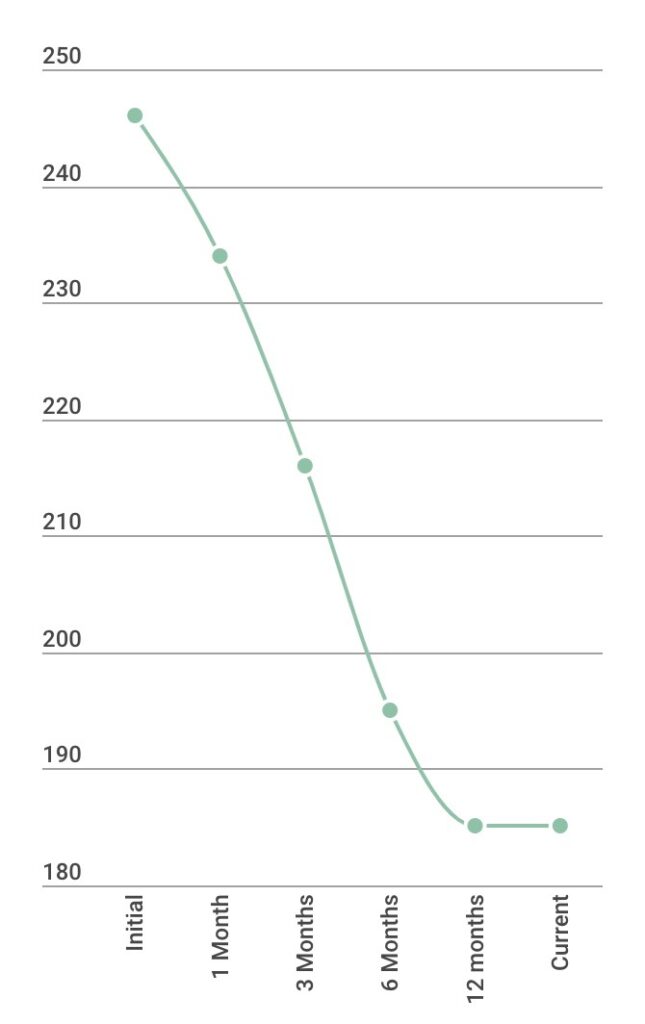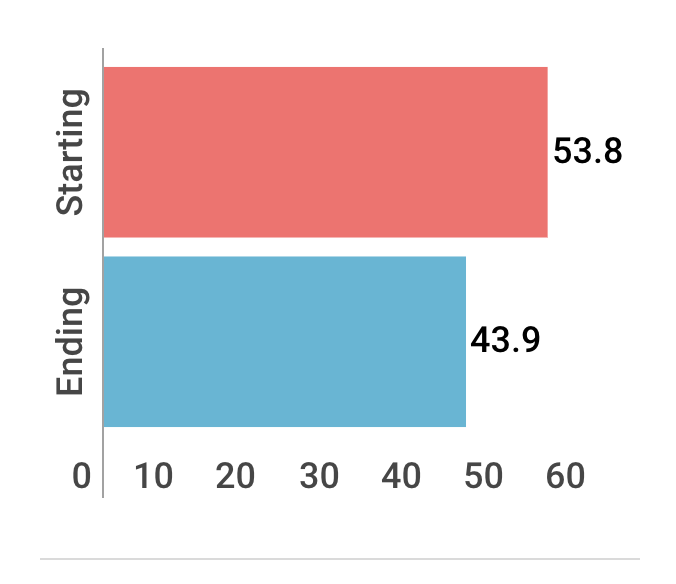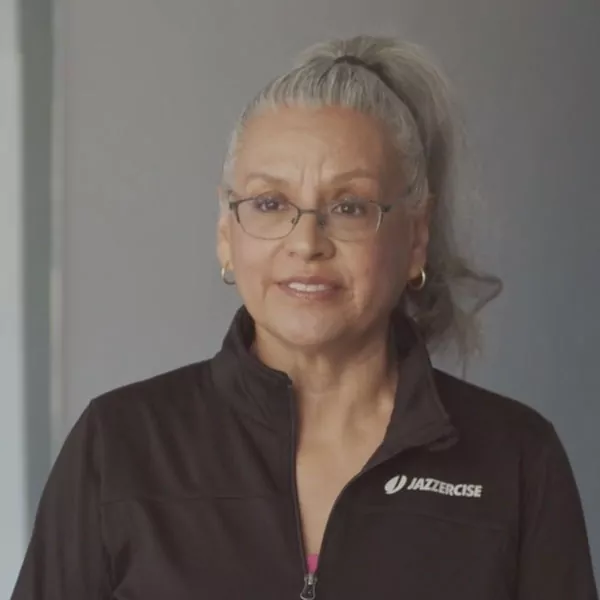After a couple of years dealing with thyroid eye issues, I knew it was finally time (again) to focus on losing the 50-60 pounds that I had put on. The same 50-60 pounds that I have lost numerous times over the years, but I’ve always gained it back. My doctor recommended the Enara Health program, but it wasn’t until I saw a friend who was a previous Enara Rockstar that I decided to join. The weight was easy to lose! I was on the VLCD (Very Low Calorie Diet), which sounded really strict to begin with, but truly was plenty of food to feel full after each meal. It was all about portion control, no processed carbs, lots of veggies and also allowed some healthy fats (ask my family, I’m obsessed with avocados).
One of the key things that made this program work for me was that rather than having to journal what I ate at each meal, I only had to take a picture of the meal and Danielle, my dietitian, would guide me on the things that weren’t necessarily the best choices. With Danielle’s help, I have learned to be mindful of the foods that I’m eating and also to control my food portions!
I started this weight loss journey in June 2019 and lost 60+ pounds in the first six months and have maintained that weight loss during the next six months (yes, even during shelter-in-place). I get on the scale EVERY morning – and if it goes up a pound, I just know that I have to be more mindful of my food choices – basically go back to a few days of VLCD and that pound comes off. I feel SO much better and am so much happier not carrying around that extra weight! Thanks to Danielle and Enara!
Jill lost 25% of her body weight:

Jill’s Percent Body Fat:

PBF (Percent Body Fat) is the percentage of your body that is made up of fat. Everything else is usually referred to as “lean tissue.” This gives a more accurate representation of health, fitness and leanness.
Jill’s Triglycerides:

- Fatty foods and carbohydrates that we eat are broken down into globs of fat called triglycerides.
- High levels of triglycerides can increase your risk for heart disease, stroke, and nerve damage.
- Excess glucose in the blood can be used to make triglycerides, which is why people with insulin sensitivity, pre-diabetes, or diabetes often also have elevated triglycerides.




